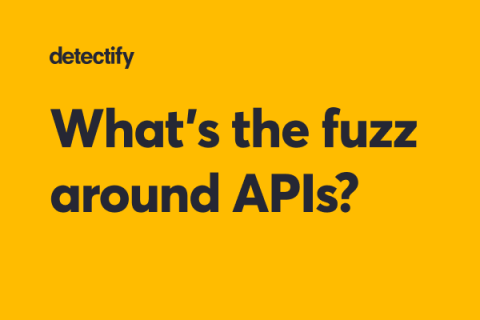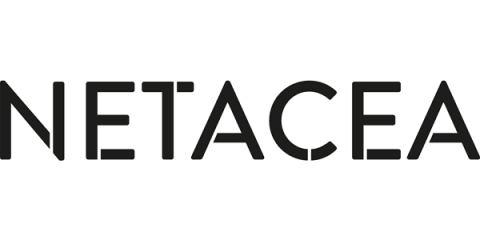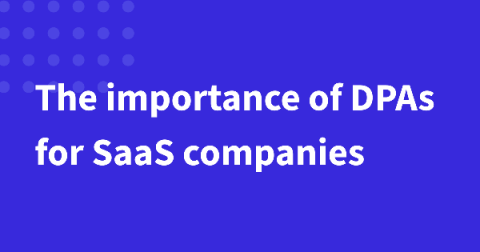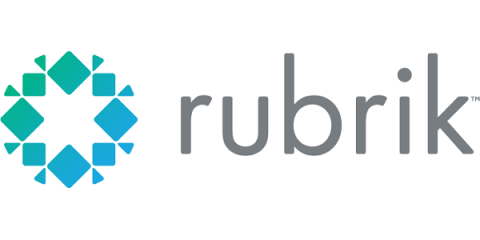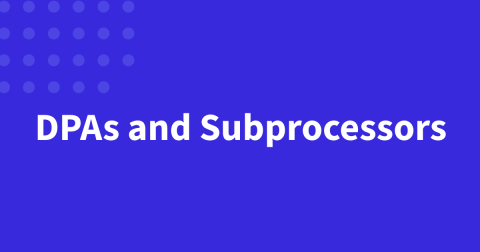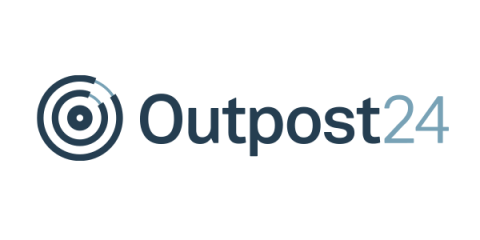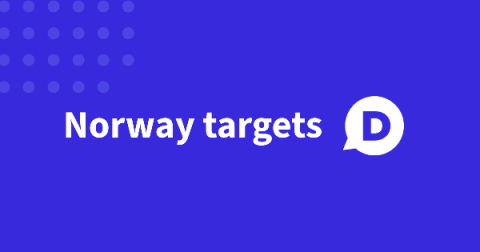Web scanners are evolving to secure modern web applications and their APIs
Tom Hudson (TH), Senior Security Researcher at Detectify, joined the Application Security Weekly podcast to talk about the status quo on web scanners and securing modern web applications. We’ve edited the transcript for brevity and taken some highlights from the pod episode below.




